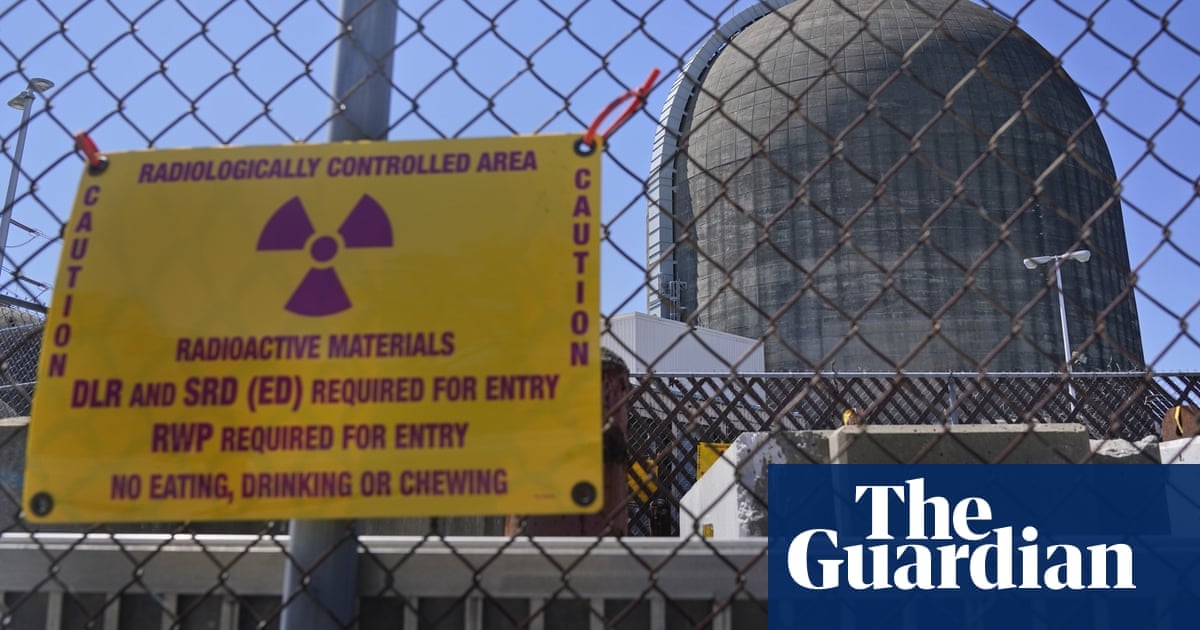Shuttering of New York facility raises awkward climate crisis questions as gas – not renewables – fills gap in power generation
When New York’s deteriorating and unloved Indian Point nuclear plant finally shuttered in 2021, its demise was met with delight from environmentalists who had long demanded it be scrapped.
But there has been a sting in the tail – since the closure, New York’s greenhouse gas emissions have gone up.
Castigated for its impact upon the surrounding environment and feared for its potential to unleash disaster close to the heart of New York City, Indian Point nevertheless supplied a large chunk of the state’s carbon-free electricity.
Since the plant’s closure, it has been gas, rather then clean energy such as solar and wind, that has filled the void, leaving New York City in the embarrassing situation of seeing its planet-heating emissions jump in recent years to the point its power grid is now dirtier than Texas’s, as well as the US average.



If you have any data at all that shows that the price is a function of regulation, I would encourage you to share it.
Nuclear costs orders of magnitude more than renewables. You need to offer strong evidence to account for that difference being due to regulation.
I never said the cost of nuclear was a function of regulation. I do believe that NIMBYism has a lot to do with it.
The thesis of your remarks seems to indicate that you think that nuclear power generation is inherently more expensive, and I’d be interested in hearing your non-circular reasoning for that implicit assertion. So far, all I’ve heard is “Nuclear is more expensive because it is.”
A study by MIT in 2020 found that most of the excessive costs related to building nuclear plants are due to lack of decent standardization. Part of the problem is that because of emotional opposition to nuclear, the industry has had little opportunity to actually deploy any of the modular reactor innovations that have been developed in the last 50 years.
Here’s a link to the MIT article: https://news.mit.edu/2020/reasons-nuclear-overruns-1118
Again, I’m interested in hearing your reasoning for why nuclear is more expensive, other than “it just is” and “renewables are better”.